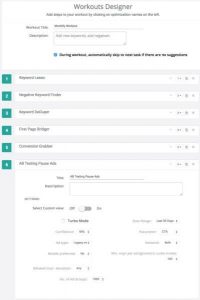
Ecommerce sales all over the world are growing at a rapid rate. Last year, global ecommerce transactions amounted to more than $ 1 trillion. In 2014 alone, they are expected to exceed $ 1.5 trillion.
If you own a small brick and mortar business, the ecommerce boom presents a huge opportunity to expand your customer base and increase sales. Alibaba.com, the B2B ecommerce giants that host more than 50 million small businesses, saw transactions of more than $ 9 billion on China’s Singles Day, Nov 11.
The smartphone boom has also accelerated the online shopping trend. Approximately 58% of all smartphone users have used them for online shopping at least once. The potential of online shopping and ecommerce stores is huge and, being a small business, you need to take advantage.
Contrary to the popular belief, setting up an ecommerce website or an online store doesn’t have to be difficult. You don’t necessarily need to hire an expensive web developer or be a tech expert. There are several ready to use web applications and WordPress plugins that offer complete ecommerce features.
Based on the ease of use, flexibility and features, here are three tools that can help you create a fully functional ecommerce store in no time.
1. Selz
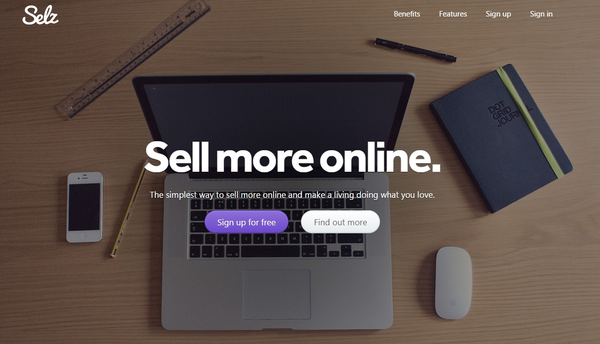
Selz is one of the easiest solutions for creating an online store or for adding ecommerce to an existing website. It can be done literally within minutes. Selz stands out because of its user friendly interface, easy integration and a wide range of features. It’s built on mobile first design, so it offers a seamless mobile shopping experience.
If you already have a website, you can embed your store by simply copy/pasting the html code, or by using the Selz WordPress plugin. You can also embed a simple store, or create your own customized online store, by using the Selz Store Pro app.

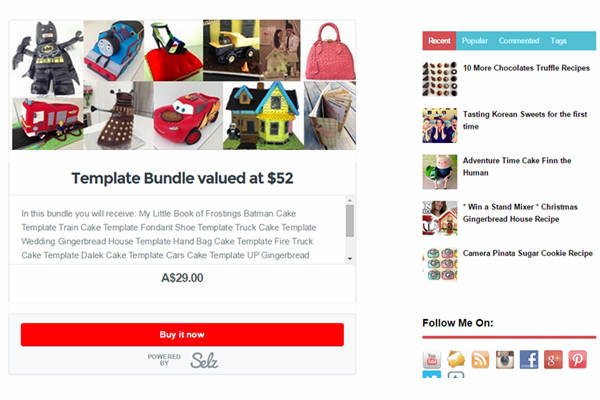
Selz has rich social commerce features and can be used to set up a Facebook store. You can also use it as a list building tool by integrating your MailChimp and AWeber accounts with it. Your buyers can purchase products using Master Card, Visa, Amex and PayPal.
Selz doesn’t charge you anything on sign up or store setup, and there’s no limit on the number of products you can sell. For digital sellers it has a number of unique features, such as video trailers and streaming, multiple file bundles, discounts as well limiting the number of customer downloads. If you’ve heard about the changes in EU VAT rules that some digital sellers are complaining about, Selz has new features that help with that as well.
Charges, like the platform, are simple. You’ll only be charged 5% of the sales amount + 25 cents on every sale.
2. Ecwid

Ecwid is a feature rich web based online store that can be used for selling digital and physical, products and services. You can use it as an online shop or embed an ecommerce store to your website.

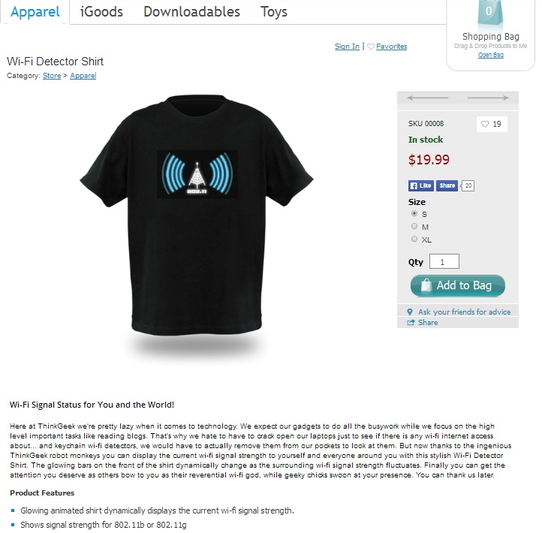
The product listings and individual product pages, created with Ecwid, contain all the standard features of an online store, including product images, description and a shopping cart. You can configure your shipping details according to different regions and create discount coupons for special offers. Payments can be collected using Master Card and PayPal, while more payment option can be added as paid add-ons.
The free version of Ecwid allows you to sell up to 10 products. For small business, Ecwid recommends using the $ 29.5/month plan which allows you to sell up to 2500 products.
3. Squarespace
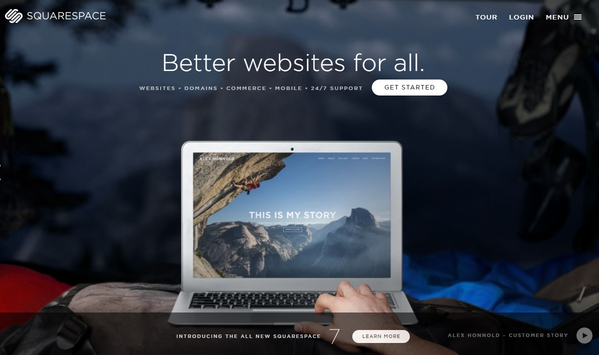
Squarespace is a complete content management system (CMS) like WordPress. But it also has ecommerce features that you can use to create an online store. Squarespace is extremely easy to configure and offers very attractive ecommerce website templates that are free to use. Squarespace is completely responsive in design and built to handle both desktop and mobile shoppers.

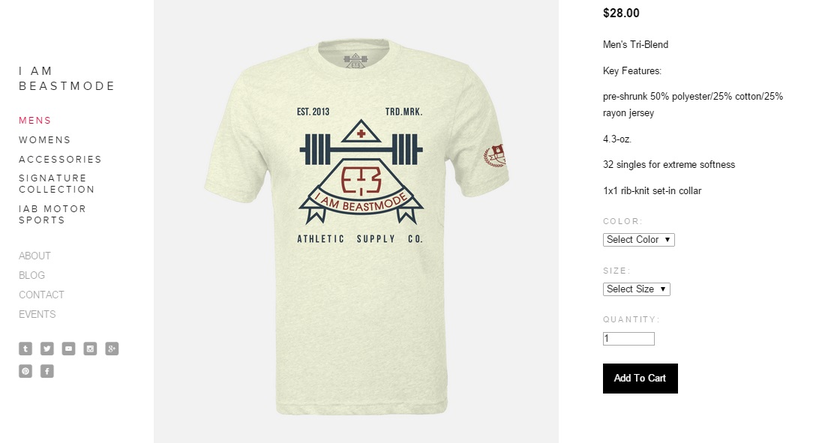
As I mentioned earlier, Squarespace is an independent CMS, so it cannot be integrated with your existing website. You’ll need to use it as an online hosted store.
Your buyers can make payments using Stripe and PayPal. You can choose from three different monthly pricing packages– basic ($ 10), professional ($ 20) and unlimited ($ 30). If you go for the unlimited version, which has no limits on products, bandwidth and storage, you’ll be charged $ 360 per year + Stripe payment processing charges of 2.9% product price + 30 cents per sale.
Conclusion
Setting up an ecommerce website is not the hassle and expense that it once used to be. With applications and tools like Selz, Ecwid and Squarespace, you can get your bricks and mortar business online in no time, even if you don’t have any technical IT skills or knowledge.
Note: Whichever tool you choose, just make sure you consider the impact of its cost on your overall product pricing. Here’s a good comparison chart to help you.
Digital & Social Articles on Business 2 Community
(498)
Report Post


